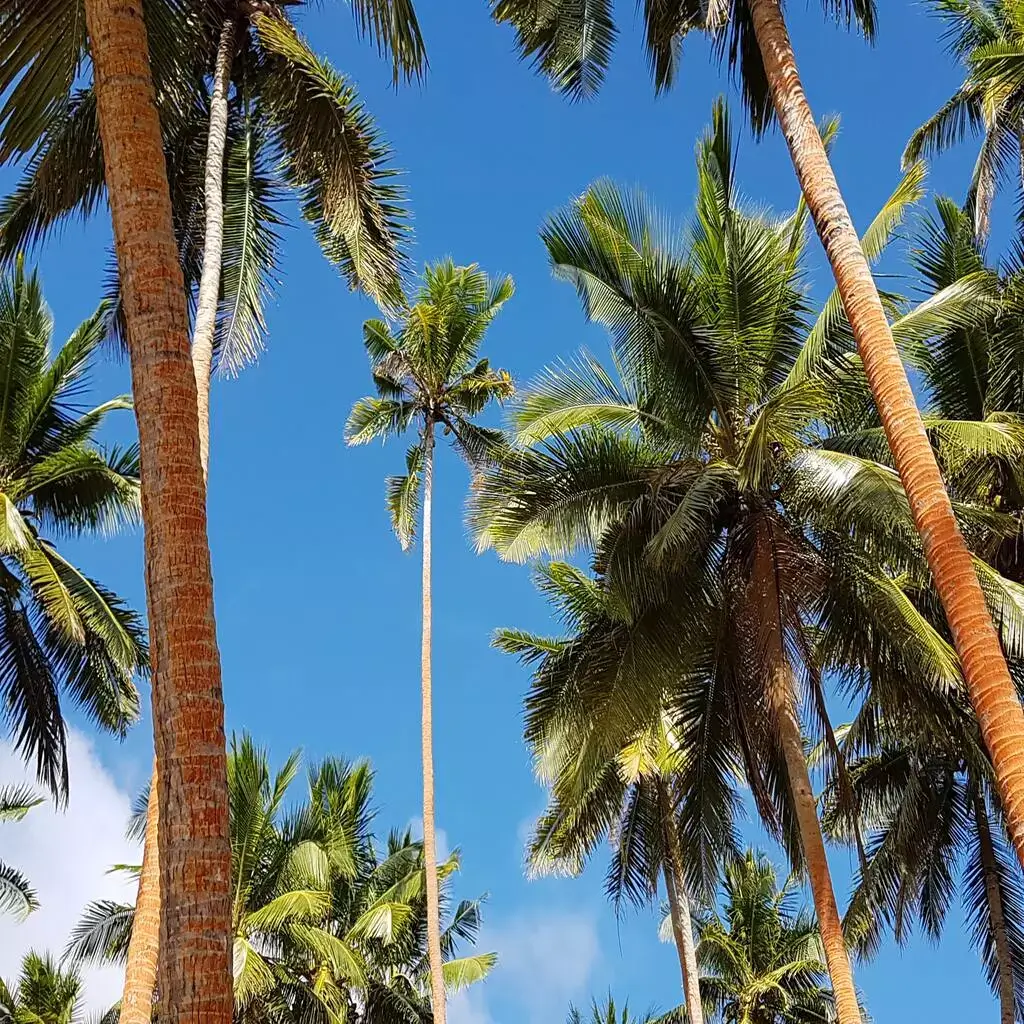Thanks for your interest in loveit coverit. If you have any queries regarding your insurance, please don't hesitate to contact us.
For medical emergency, medical expenses, repatriation and evacuation claims
In the event of an emergency, you should call us right away.
Please call the 24-hour emergency assistance number: +44 0203 0931749
Search
Find what you're looking for on loveit coverit within seconds.





